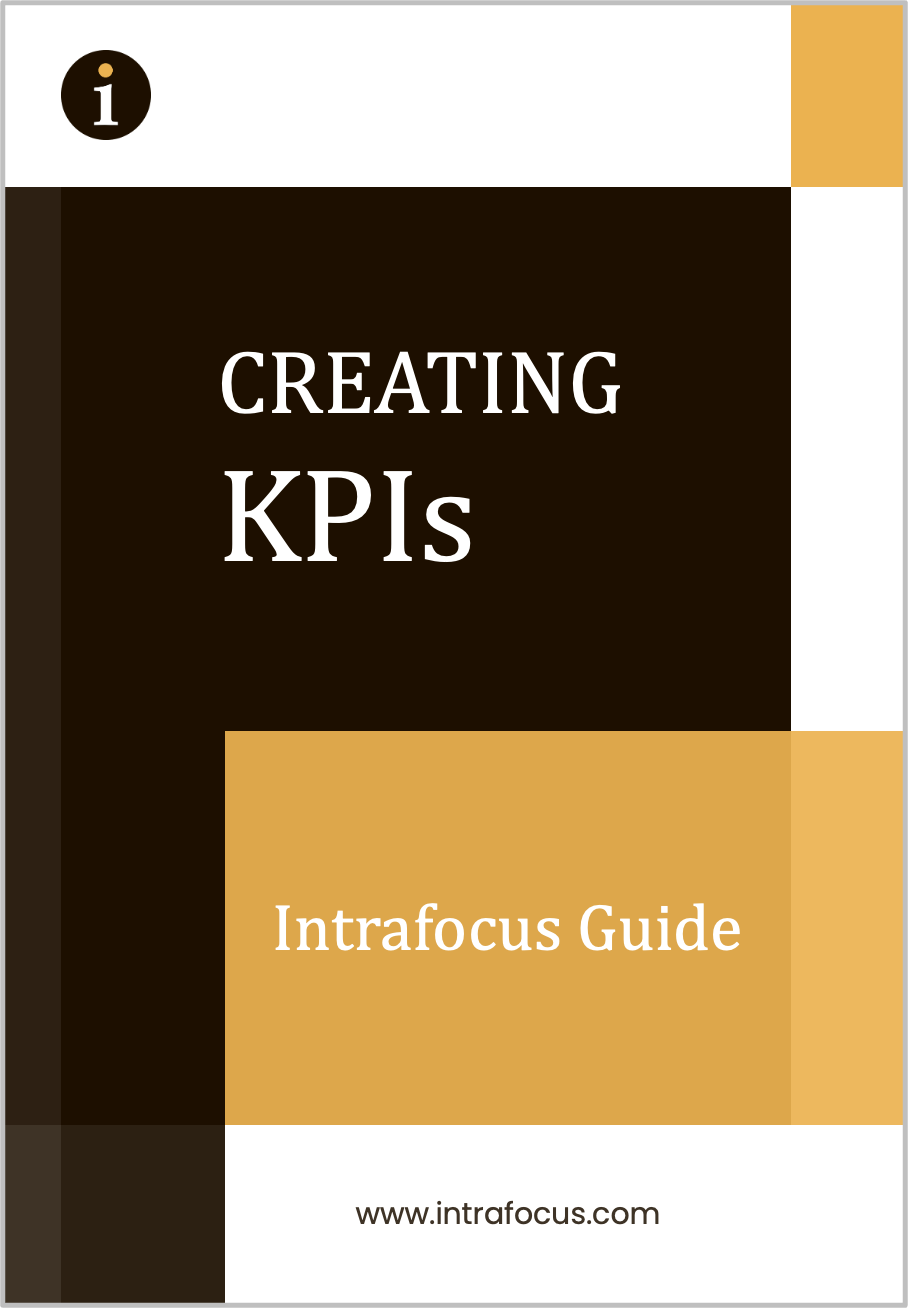How can you be sure your strategy has worked? Why not ask your customers? This may seem fairly obvious but in reality we find that it is one of the last things we actually do. We spend a huge amount of time looking at how well we execute our internal processes or how efficiently we manage projects to completion. The majority of our key performance indicators (KPIs) relate to financial aspects of the business, revenue, sales, internal budgets and very little effort is spent talking to our customers to see what they think or how they feel about us.
Why is this? There are many reasons. In many smaller organisations or younger companies, talking to a customer or end-user of a product can be scary. We are naturally concerned that the customer may not like the service or product and we simply do not want to hear bad news. In large organisations, most of the people working for the company are one, two or three steps removed from the customer and do not believe it is their job. For the people who have been assigned to communicate with customers, they see it as a task to be completed rather than a relationship to be created and maintained. In most companies the only place where a customer relationship is built is in sales. Unfortunately, sales tend not to be the place where we develop trusting relationships.
Talking to customers is not simply about a customer survey. However, this could be a very good place to start. The error many organisations make is to turn a ‘Customer Satisfaction Survey’ into a big annual event containing reams of questions focused on themselves rather than the customer. Typically we might see questions such as “Which of the following services do you think you might buy in the next 12 months?” The answer to this question might prove to be useful if answered, but does the customer really want to focus on this? Surely not, they are much more interested in the service or product they have today. A customer satisfaction survey is not about doing market research; it is about getting feedback, checking they are happy and fixing anything that is making them unhappy.
How does this help to determine if a strategy is succeeding? Because happy customers = a good strategy. If you have happy customers, then you know you are going in the right direction (clearly you need profitable customers as well, but that is a subject for another day). ‘Going in the right direction’ is much more about answers to general questions of well-being. A good set of customer satisfaction survey questions will be those that put you in your customer’s shoes. They need to be very simple, not requiring too much thought to answer and relate to their experiences in dealing with your organisation.
Here are five questions that work well:
1. How easy was it to buy from us?
Generally speaking this works best for consumer retailers, but it is also helpful to those organisations that sell in higher volumes. The consumer check-out should be quick and easy, many sales are lost because customers could not be bothered to wait or the buying process was difficult.
2. Did your purchase give you what you wanted?
This will immediately tell you if you have met expectations with your sale. It is important to align your sales process and marketing to the items/services you are selling.
3. How well did we understand what you wanted?
This is one of the most important questions you can ask, especially for those organisations that are intimately involved in a purchase and follow-on service. As well as asking for a rating 1-10, opportunity should be given for the customer to comment.
4. How well did we communicate?
Another hugely important question, especially when combined with the previous one. Customers who believe you understand their needs and that you communicate effectively will often forgive you readily when things don’t go to plan
5. How likely is it that you would recommend us?
This is probably the most important question of all. It is such an easy question for a customer to answer and underneath it is wholly aligned to their expectation, experience and needs. Not only does it promote your reputation if the answer is positive, it also builds your customer’s reputation as someone ‘in-the-know’ if they recommend you.
These questions may not give you the detail you require to ensure your strategy is on the right track, but they will give you a good sense as to whether or not you are going in the right direction. Eliciting customer feedback is not a one-off exercise; it is something that has to be done time and time again but in a sensitive non-intrusive way. Work on the basis that a few questions have to be asked frequently and that you close the loop by providing answers immediately and you will not go far wrong.



